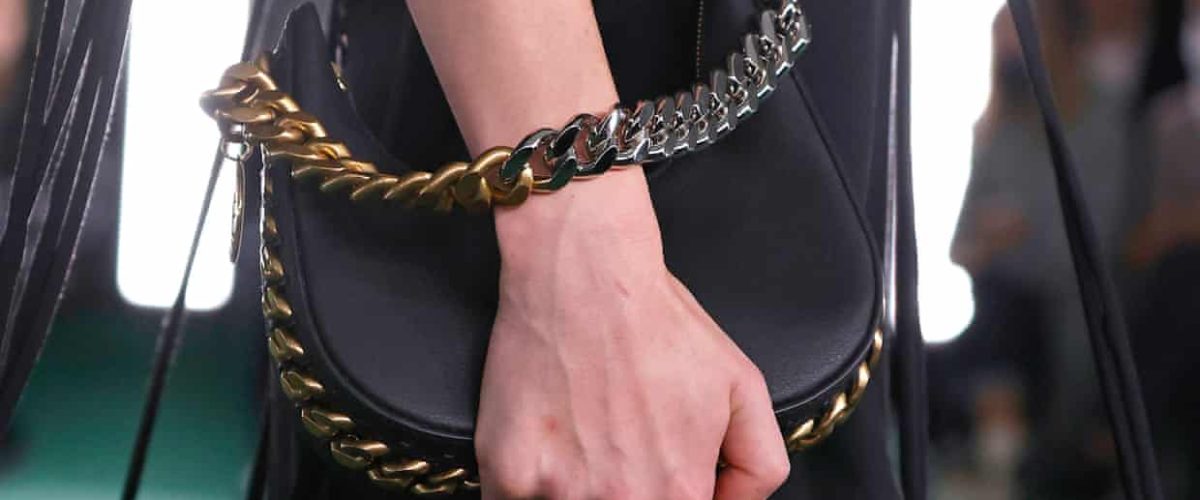Would you ever wear shoes made from “grape leather”? Or gloves in “cactus leather”? What about a “kombucha leather” jacket and a “mushroom leather” bag?
With the drive towards more sustainable fashion, the burgeoning world of animal-free “alt leathers” is becoming increasingly mainstream. This week saw the launch of new sustainable trainer brand Lerins, from Dune founder Daniel Rubin, including £130 shoes made with a leather-like material created from grape skins left over from wine-making.
So-called “plant-based leather” promises great benefits for the planet. Not only is Lerins upcycling an existing waste stream (as is also the case for “leathers” made from apples, bananas and pineapples), it’s also disconnecting from the cattle industry, and in doing so, avoids the issues of greenhouse gas emissions, deforestation and animal welfare.
Lerins joins a growing number of brands working with plant-based leather alternatives, among them Allbirds, Hermès, Reformation and Stella McCartney.
And it’s not just “plant-based leather” that is getting attention. This week, Leonardo DiCaprio and Kering, parent company of fashion brands such as Gucci, Saint Laurent and Balenciaga, invested “significant” sums in the Californian lab-grown leather startup VitroLabs. The process of lab-grown leather involves the cultivation of stem-cells in order to replicate animal hides, thus the leather is expected to be as strong and long-lasting as conventional leather.


